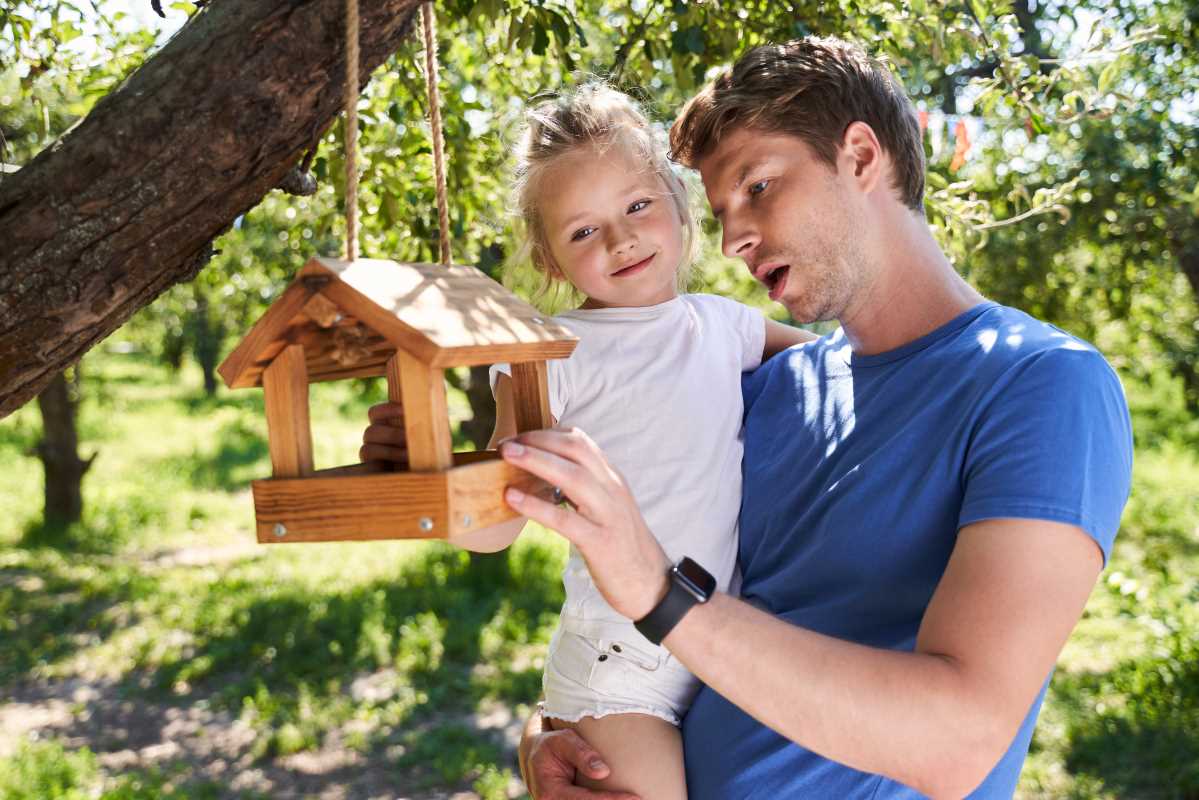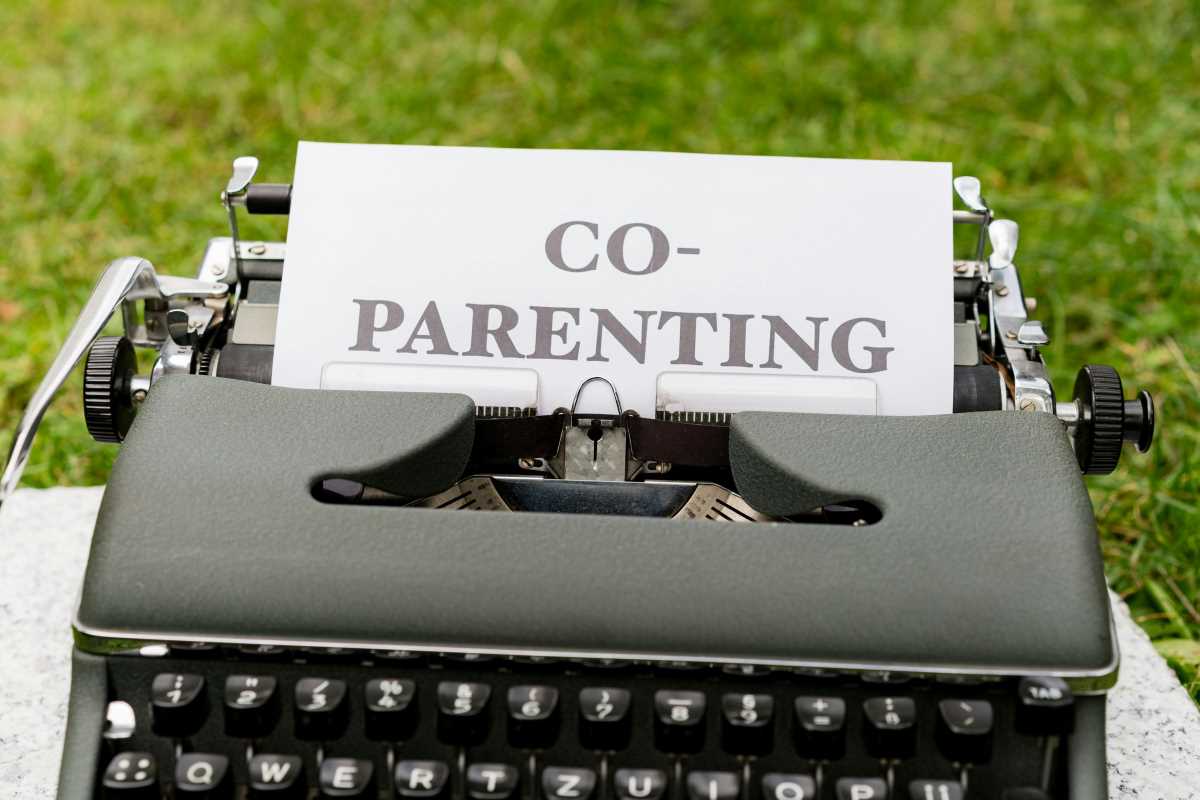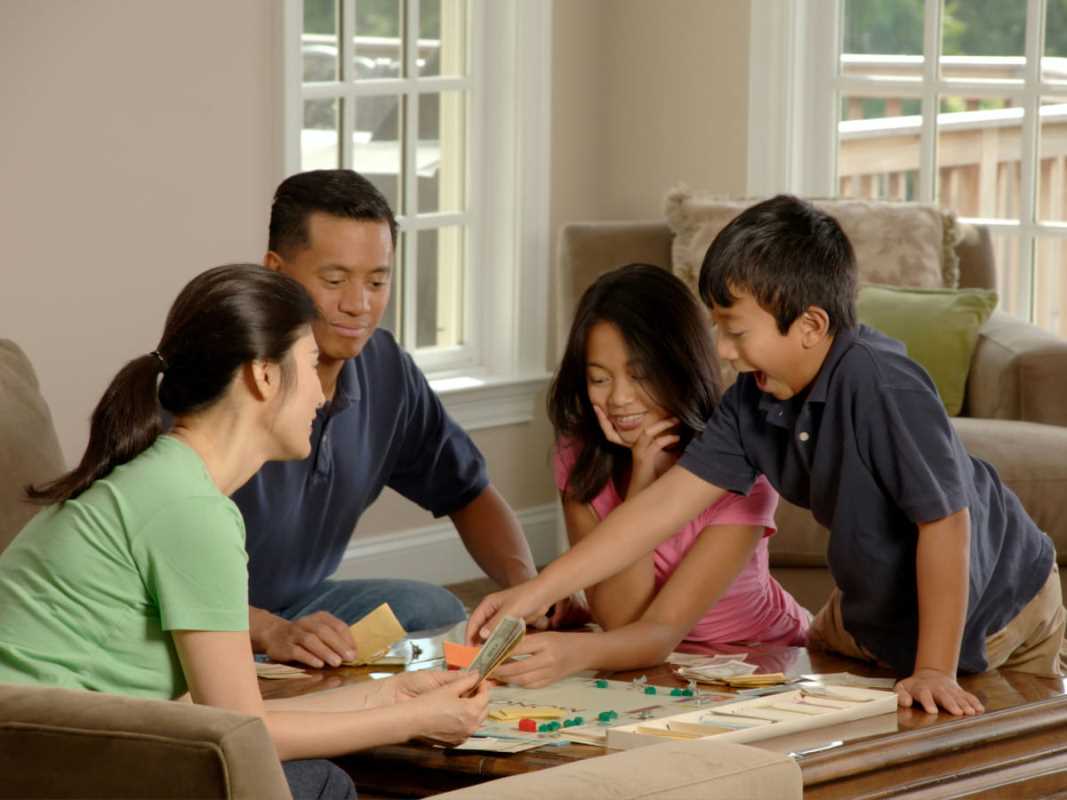Building new relationships as a parent can be a mix of emotions. It can stir up feelings of excitement, nervousness, or even uncertainty. Whether you’re contemplating making new friends, stepping into a romantic partnership, or joining a new social circle, recognizing your readiness is essential for fostering meaningful and healthy connections. Feeling ready isn’t always cut and dry, but taking the time to reflect on your current emotional state, energy, and intentions can help you make better choices when beginning new relationships.
This expanded guide will walk you through the key areas of readiness and explore how to approach new relationships with confidence and clarity.
Understanding Emotional Readiness
One of the most important parts of preparing for new relationships is evaluating your emotional readiness. This process is all about checking in with yourself. Ask yourself:
- Are you content with the life you have now?
- Have you processed feelings from past relationships in a healthy way?
- Can you reflect on past experiences without a rush of pain, anger, or unresolved longing?
- Are you genuinely interested in knowing others, rather than looking to fill a gap?
Take a moment to answer these questions honestly. Emotional readiness isn’t just about being “done” with your past; it’s about being at peace with it. Maybe you’ve been through a difficult breakup or a period of social distance due to the demands of parenting. It’s normal to feel a bit hesitant. But if memories of the past dominate your thoughts or you find yourself trying to “replace” something or someone, it may be a sign you need more time to heal.
Example
Imagine you were once in a relationship that left you feeling unappreciated. If you now find yourself constantly seeking validation from potential new friends or partners, it might indicate that your past is still influencing your present. Emotional readiness is about being able to separate who you are now from what you’ve been through. A good sign you’re ready? You can share your past experiences honestly and without emotional distress, viewing them as part of your growth.
Tips for Emotional Readiness
- Spend time journaling about your past experiences to better understand your feelings.
- Practice mindfulness or meditation to stay grounded in the present.
- Seek professional counseling if you’re struggling with unresolved emotions.
Healthy relationships are built on a foundation of emotional stability. Remember, the strongest connections come from a place of wholeness, not dependence.
Checking for Self-Confidence and Self-Care
How you feel about yourself directly impacts the relationships you form with others. Self-confidence doesn’t mean arrogance or perfection; it’s about recognizing your worth and treating yourself with kindness. Here are some self-care checkpoints to consider:
- Do you take time for yourself, even while balancing the responsibilities of parenting?
- Are you confident in setting boundaries and saying “no” when needed?
- Are you seeking relationships to enhance your life, rather than relying on them to repair it?
Parents, in particular, often have to juggle multiple roles. You might feel guilty for prioritizing yourself, but practicing self-care is what enables you to bring your best self to a new connection. For example, if you find joy in a weekly yoga class or taking a quiet walk in the evenings, these routines remind you that your happiness matters. The more you appreciate your own company, the more you’ll attract people who respect and value you.
Example
Think about establishing boundaries. If you struggle to say "no" to others, new relationships can quickly become draining or one-sided. For instance, a new friend might continuously lean on you for emotional support while disregarding your needs. Being confident in setting limits ensures that you engage in equal and respectful interactions.
Tips for Strengthening Self-Care and Confidence
- Create self-care rituals that fit into your schedule, such as reading, exercising, or engaging in hobbies.
- Practice communicating your boundaries with kindness and firmness. For example, “I’d love to help with this, but I don’t have the capacity today.”
- Remind yourself regularly of your strengths and capabilities.
When you feel good about yourself, you’re more likely to enter relationships with healthy expectations and outcomes.
Assessing Your Time and Energy
Parenting is a full-time job on its own, so it’s important to consider whether you have the time and energy to invest in a new relationship. Relationships, whether friendships or romantic, require attention, consistency, and emotional investment. Here’s how to evaluate this:
- Does your current schedule leave space for meaningful interactions?
- Can you balance the demands of a new relationship with your parental responsibilities?
- Does the idea of sharing your life with someone new energize you, rather than exhaust you?
The last point is particularly worth considering. If the thought of giving time to someone else feels like a chore, it may be a sign you’re already stretched thin. For example, perhaps your evenings are filled with managing homework help, bath time, and bedtime routines. Jumping into a new relationship without carving out your own support structure can lead to burnout.
Example
Picture starting a romantic relationship. If you’re frequently canceling plans due to other commitments or feel drained by the end of every conversation, it may frustrate both you and the other person. However, when you’re in a good place, you’ll naturally feel more excited about sharing your life rather than treating it like another item on your to-do list.
Tips to Make Time for Relationships
- Build a flexible schedule that includes time for self-care, parenting, and social activities.
- Set realistic expectations for how often you can communicate or meet with someone new.
- Use small, consistent efforts to maintain connection, like a quick text or weekly coffee date.
Balancing your time doesn’t have to mean being perfect. It’s about integrating relationships in a way that complements—not disrupts—your existing responsibilities.
Tuning Into Your Motivation
Before entering any new relationship, it’s important to reflect on why you’re seeking it in the first place. Motivation can shape the health of your connections, so ask yourself:
- Are you genuinely curious about others and excited to learn from them?
- Are you seeking to enrich your life rather than simply escape loneliness?
- Do you believe you’re capable of experiencing the highs and lows of relationships with resilience?
It’s natural to crave connection, but it’s important to be honest about your intentions. For example, if you’re joining a social group just to “fit in,” you might find the relationships lack depth over time. On the other hand, if you’re approaching new relationships with genuine interest in understanding and sharing experiences, they’re more likely to thrive.
Example
Suppose you’re feeling lonely after moving to a new town. Joining a book club isn’t just about avoiding isolation; it’s about being part of a group where you can discuss ideas and enjoy shared interests. By focusing on positive reasons for connection, you’ll naturally attract others who share your outlook.
Tips for Aligning Your Motivation
- Be honest about your intentions and how new relationships fit into your life.
- Stay curious and ask open-ended questions when meeting new people.
- Acknowledge that relationships have ups and downs and commit to showing up authentically throughout.
Authentic motivation leads to stronger relationships built on mutual respect and shared values.
Observing Openness and Communication Skills
Clear communication is the backbone of any good relationship. Your ability to openly express feelings, listen without judgment, and handle disagreements with patience all play a critical role in building trust. Consider these signs of readiness:
- Are you comfortable sharing your thoughts and feelings with others?
- Do you remain present and attentive when others are speaking to you?
- Can you handle moments of conflict with understanding rather than defensiveness?
Good communication is more than just talking; it’s about creating space for both yourself and the other person to feel seen and heard. For example, if a potential friend shares something sensitive, active listening means acknowledging their experience without trying to “fix” the problem or jumping in with your story.
Example
Imagine you’re meeting someone new who has a different perspective on parenting strategies. Instead of dismissing their viewpoint, you might say, “I hadn’t thought of it that way. Can you tell me more about your approach?” By showing openness, you build trust and understanding.
Tips for Strengthening Communication
- Practice active listening by summarizing and validating what the other person says.
- Don’t shy away from setting boundaries or expressing your needs clearly.
- Approach disagreements with curiosity rather than judgment, focusing on collaboration.
Openness and communication are bridges to deeper, more meaningful relationships.
 (Image via
(Image via





